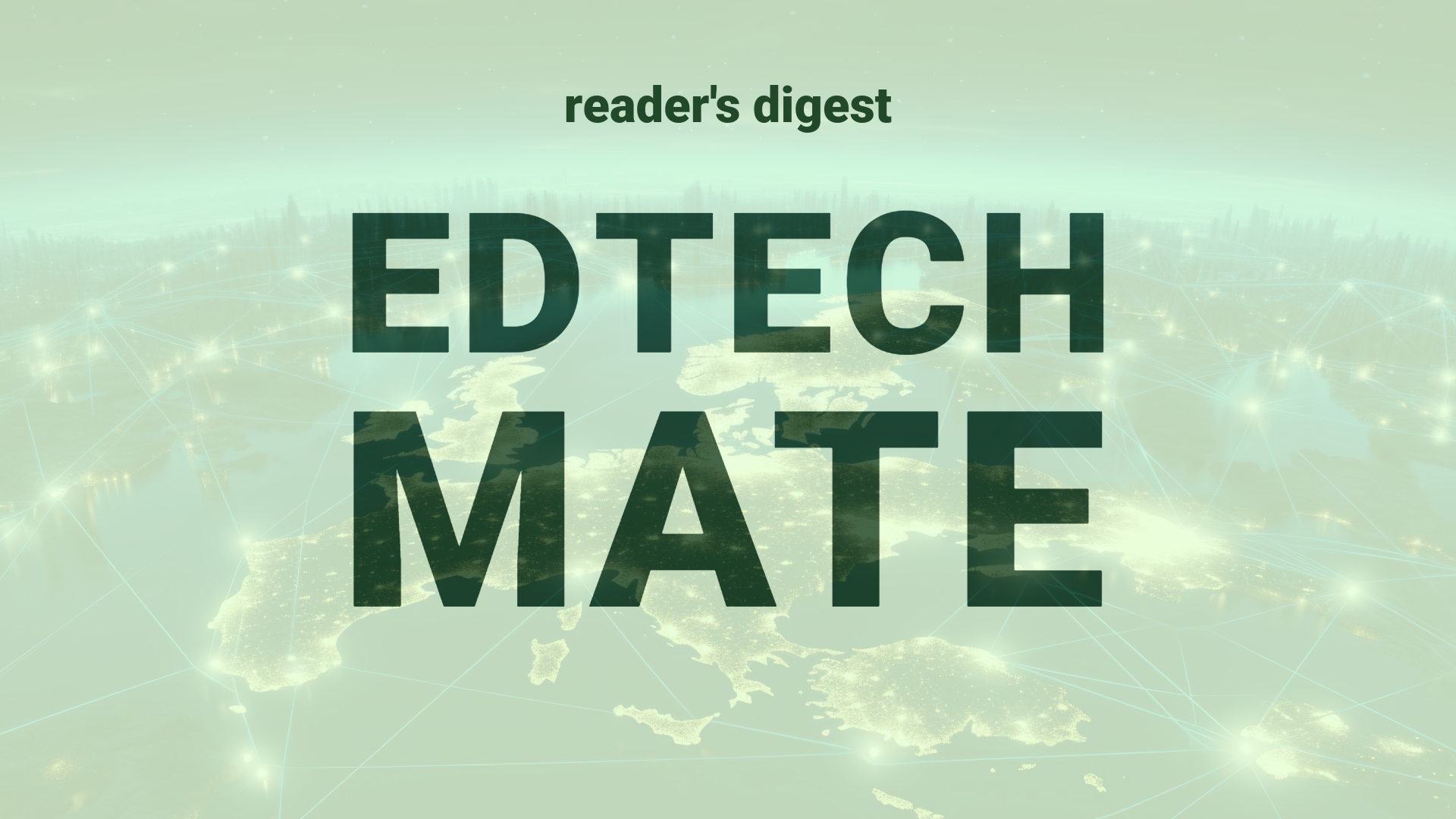Executive Summary and Main Points
The education technology sector is witnessing a surge in the adoption of digital health platforms focusing on obesity management, leveraging medication paired with behavioral support. Companies like Ro, Calibrate, and WeightWatchers are integrating Glucagon-like Peptide-1 (GLP-1) treatments with personalized coaching and educational components, demonstrating a transformative approach in healthcare delivery that emphasizes digital outreach, patient education, and proactive health management. Notably, Ro has expanded its offering to include latest GLP-1 options and seeks to address medication access challenges through strategic operations.
Potential Impact in the Education Sector
The integration of digital health platforms into the education model can significantly alter the higher education and further education landscape. Universities could form strategic partnerships with digital health companies to offer students and staff comprehensive wellness programs. For micro-credentials, this intersection of health and technology may lead to new certifications in digital health management and patient support services. The teaching approach in medical and health-related fields might also evolve to include GLP-1 therapies as case studies, promoting an understanding of cutting-edge treatments within digitalized healthcare frameworks.
Potential Applicability in the Education Sector
Innovative applications within the education sector could include the use of AI to personalize health and wellness curricula, introduce digital toolkits for medical students to simulate healthcare management, or develop predictive analytics for healthcare needs on campus. Digital platforms could support lifestyle and weight management as part of university health services, integrated with in-person curriculum aiming for holistic well-being. Furthermore, these tools can serve as a blueprint for global health education systems striving towards inclusivity and accessibility in healthcare training.
Criticism and Potential Shortfalls
One critical analysis points to the risk of increased dependency on medicalized approaches to weight loss, potentially overshadowing lifestyle and preventive strategies. There are concerns about sustainability and accessibility, given the high costs associated with GLP-1 treatments. Ethical dilemmas arise regarding patient data privacy and marketing strategies deployed by companies like Ro. Internationally, the adoption may vary due to different healthcare systems and cultural perspectives on weight management, potentially limiting the applicability of such programs in non-Western contexts.
Actionable Recommendations
Educational institutions should consider piloting health and wellness programs that integrate digital platforms offering GLP-1 therapies within their campus health services. It is crucial to foster ethical partnerships that prioritize student privacy and inclusivity. International education leadership could explore funding opportunities for students in health-related fields to engage with digital health tools, encouraging a blend of technological savvy and empathetic patient care. Additionally, they should advocate for comprehensive insurance coverage to ensure accessibility and affordability of these innovative treatments.
Source article: https://www.cnbc.com/2024/05/25/digital-health-companies-are-launching-programs-around-glp-1s-.html

